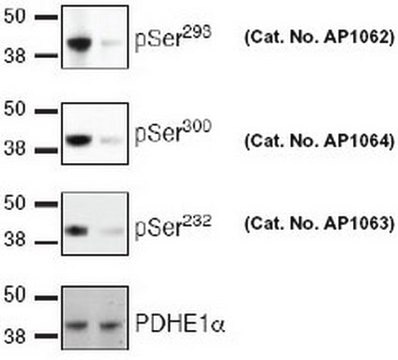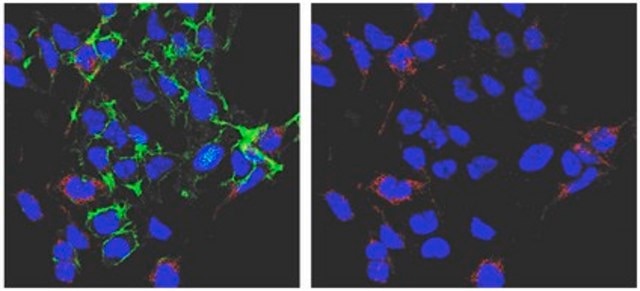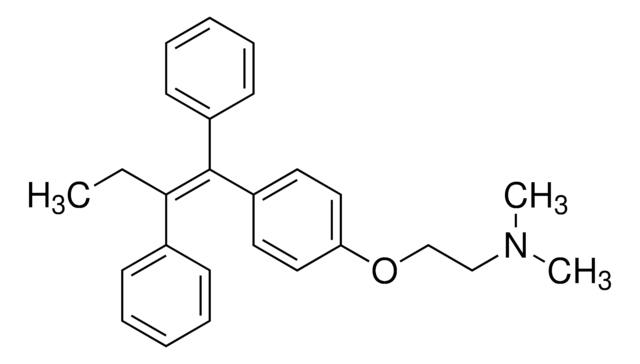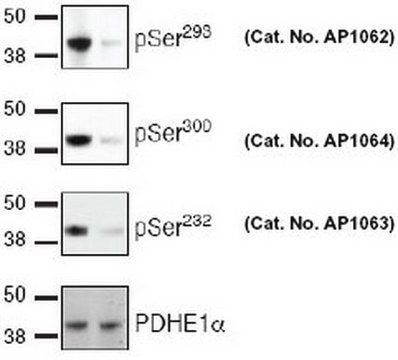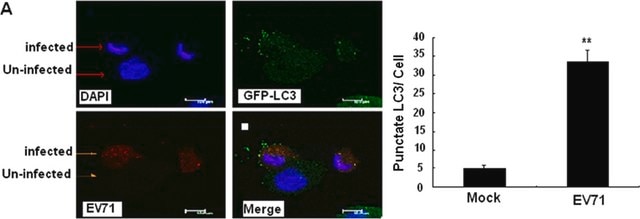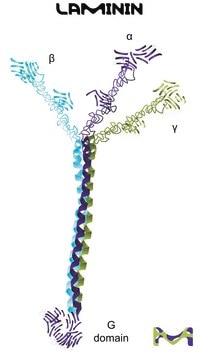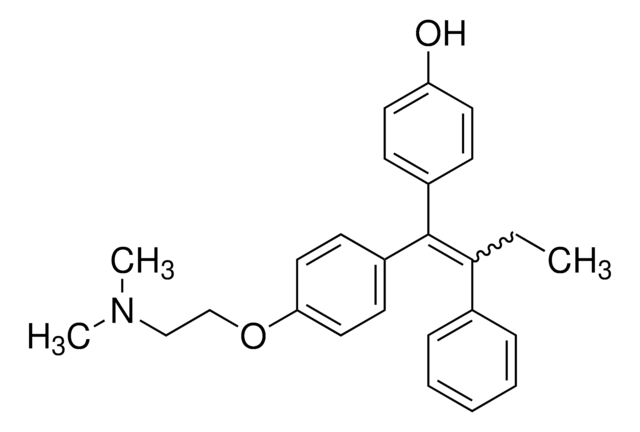ABS194
Anti-phospho PDHE1-A type I (Ser300) Antibody
from rabbit, purified by affinity chromatography
Synonym(s):
Pyruvate dehydrogenase E1 component subunit alpha, somatic form, mitochondrial, PDHE1-A type I
About This Item
Recommended Products
biological source
rabbit
Quality Level
antibody form
affinity isolated antibody
antibody product type
primary antibodies
clone
polyclonal
purified by
affinity chromatography
species reactivity
human
species reactivity (predicted by homology)
mouse (based on 100% sequence homology), rat (based on 100% sequence homology), bovine (based on 100% sequence homology), Xenopus (based on 100% sequence homology), zebrafish (based on 100% sequence homology)
technique(s)
immunocytochemistry: suitable
western blot: suitable
NCBI accession no.
UniProt accession no.
shipped in
wet ice
target post-translational modification
phosphorylation (pSer300)
Gene Information
human ... PDHA1(5160)
Related Categories
General description
Specificity
Immunogen
Application
Quality
Western Blot Analysis: 0.5 µg/mL of this antibody detected PDHE1-A type I on 10 µg of dichloroacetate untreated and treated HEK 293 cell lysates.
Target description
Analysis Note
Dichloroacetate untreated and treated HEK 293 cell lysates
Not finding the right product?
Try our Product Selector Tool.
wgk_germany
WGK 1
flash_point_f
Not applicable
flash_point_c
Not applicable
Certificates of Analysis (COA)
Search for Certificates of Analysis (COA) by entering the products Lot/Batch Number. Lot and Batch Numbers can be found on a product’s label following the words ‘Lot’ or ‘Batch’.
Already Own This Product?
Find documentation for the products that you have recently purchased in the Document Library.
Our team of scientists has experience in all areas of research including Life Science, Material Science, Chemical Synthesis, Chromatography, Analytical and many others.
Contact Technical Service